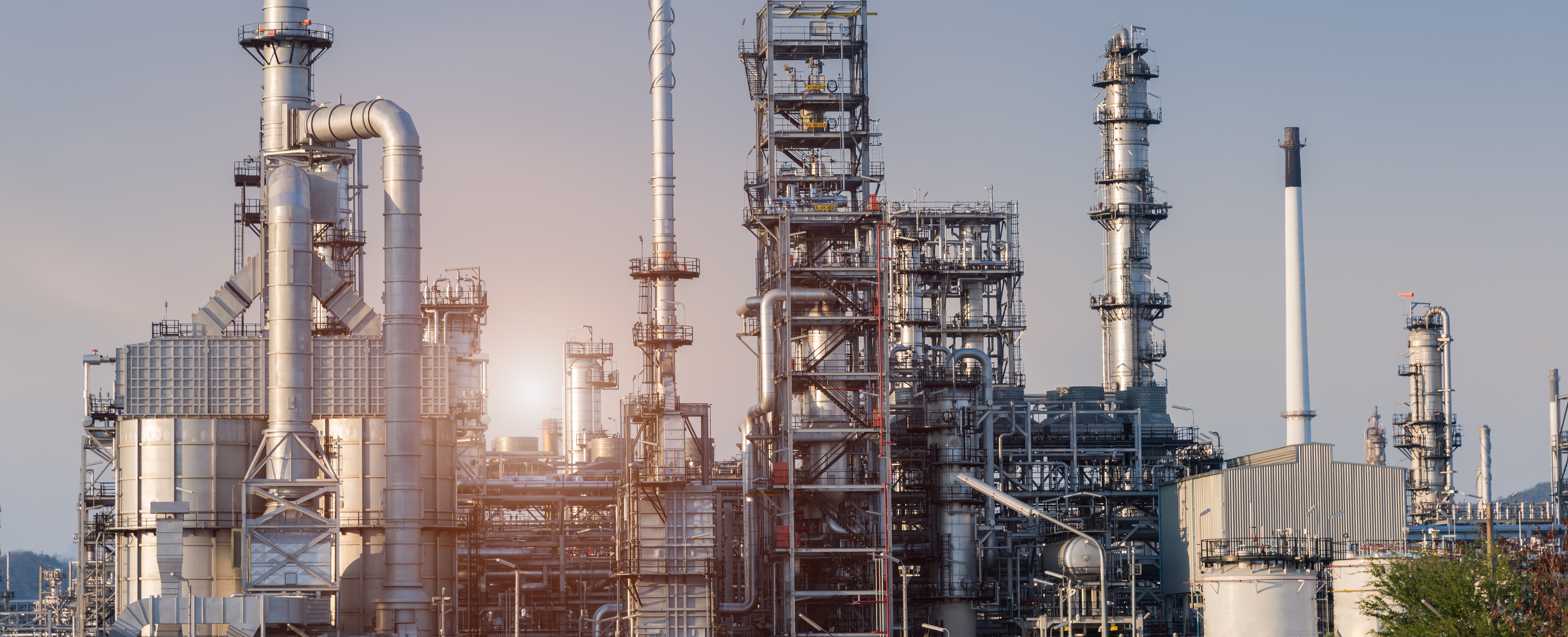
Asia CCUS Network
The Association of Southeast Asian Nations (ASEAN) and the East Asia Summit (EAS) region are facing tremendous challenges regarding the future energy landscape and how the energy transition will embrace a new architecture – including sound policies and technologies to ensure energy access with affordability, energy security, and energy sustainability. Given the high share of fossil fuels in the current energy mix of ASEAN and EAS (oil, coal, and natural gas make up almost 80% of the primary energy mix for both the ASEAN and EAS region), the clean use of fossil fuels through the deployment of clean technologies is indispensable for decarbonising emissions in ASEAN and the EAS region. The future energy transition of ASEAN and the EAS region will rely on today’s actions, policies, and investments to change the fossil fuel-based energy system towards a cleaner energy system. But any decisions and energy policy measures to be rolled out during the energy transition need to be weighed against potentially higher energy costs, affordability issues, and energy security risks. The continued use of fossil fuel to steer economic growth in ASEAN and the EAS region will require appropriate technologies to use fossil fuels in responsible and environmentally friendly ways through clean technologies such as clean coal technology and carbon capture, utilisation, and storage (CCUS), to decarbonise the region’s emission in the foreseeable future.